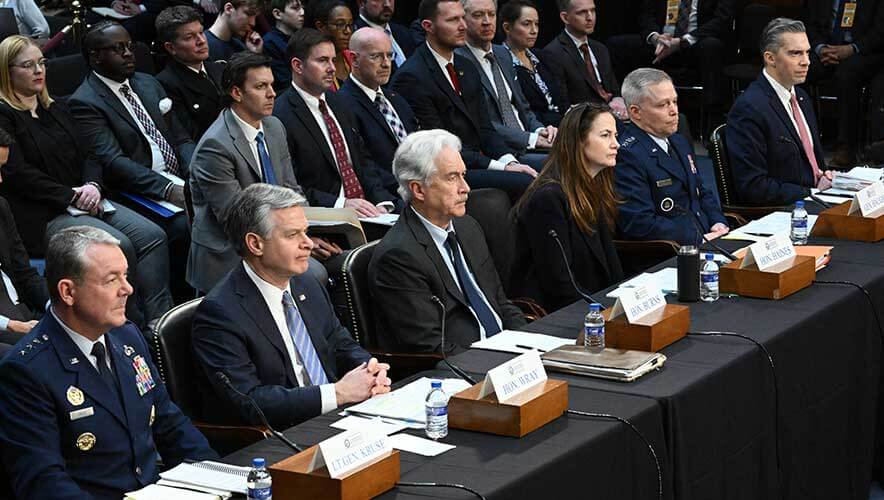Already a subscriber? Make sure to log into your account before viewing this content. You can access your account by hitting the “login” button on the top right corner. Still unable to see the content after signing in? Make sure your card on file is up-to-date.
The Senate Select Intelligence Committee has requested information from various US intelligence agencies following reports over the weekend that suggest a possible link between Havana Syndrome incidents and Russian military intelligence operatives.
These inquiries come in response to findings from three media outlets that implicated Russian forces, notably through cellphone data that located Russian operatives near some of the incidents. Havana Syndrome, which has impacted US intelligence officials and diplomats, has left many with traumatic brain injuries, hearing and cognitive issues, vertigo, and painful migraines.

A spokeswoman for Senator Marco Rubio said, “The Committee has made requests for more information based on the reporting from the Office of the Director of National Intelligence, the CIA, the Defense Intelligence Agency, and the FBI. We continue to look into the anomalous health incidents and the intelligence community’s response to these events.”
The request follows claims from Greg Edgreen, who led the Defense Intelligence Agency’s investigation into Havana Syndrome from 2021 to 2023. According to Edgreen, he believed that Russia was behind the injuries and is attacking the United States abroad and at home. In addition, subsequent reports from GQ revealed that in 2020, the CIA had previously used cellphone location data to link Russian intelligence agents to the cities and times when CIA officers were injured. Yet, the response from then-CIA Director Gina Haspel was unenthusiastic, with the evidence deemed inconclusive.
Despite the mounting evidence and Edgreen’s accusations, the US government has hesitated to formally accuse Russia. Instead, the White House, Pentagon, and State Department remain aligned with a March 2023 intelligence assessment, which found it “very unlikely” that a foreign adversary was behind Havana Syndrome.






